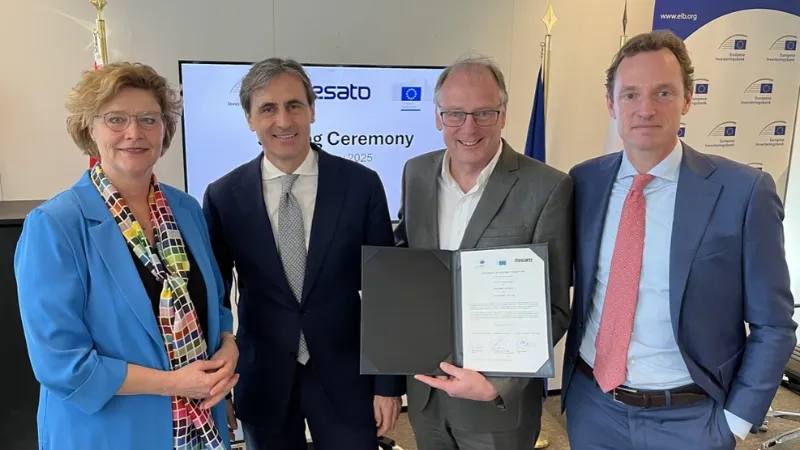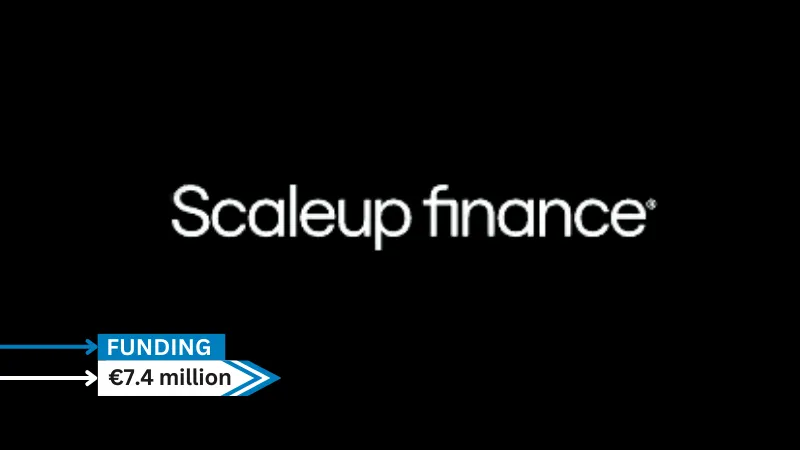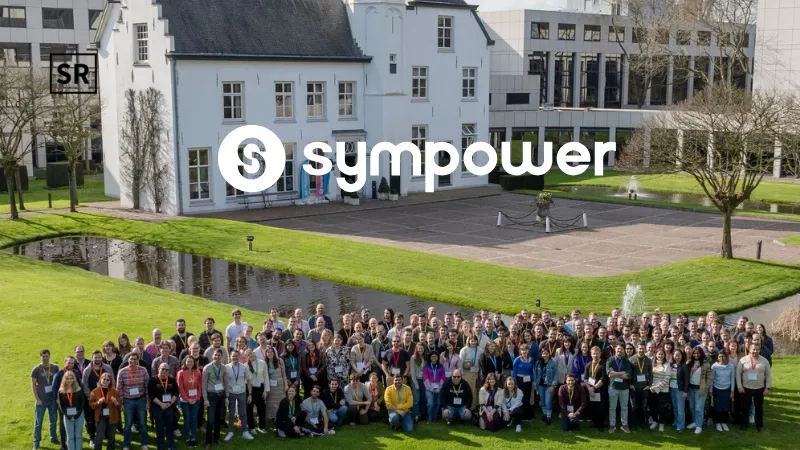
Camion, a London-based platform that provides power and electric vehicle charging intelligence and analytics to users in the real estate and EV charging infrastructure sectors. This allows users to take advantage of growing EV charging demand and future-proof their portfolios secures €2.7 million in pre-seed funding led by EQT Ventures.
Renowned angel investor Chris Adelsbach invested in the round with First Look Capital and RitMir Ventures. The financing will be used by the experienced energy and real estate team at Camion to support the expansion of its engineering, machine learning, and data science teams in order to further develop its platform.
An estimated $1.9 trillion will need to be invested in charging infrastructure in order to fulfil net-zero promises by 2050. Developers must locate and quickly construct property at the intersection of where drivers want charging and where high power demands can be fulfilled by local grid operators in order for this infrastructure to be implemented at scale.
Due to the necessity of electrifying every area where cars move and reside on an unprecedented scale, real estate in these strategic places will be highly sought after.
Depending on the power requirements of various market players, Camion combines property and location-based data with insights into power supply, traffic patterns, and localised future energy demand to assist in identifying the optimal sites.
Due in part to their net zero pledges and the expanding everyday needs of their customers to light the buildings or charge their cars, real estate has an increasing demand for electricity.
Since many real estate and infrastructure investors are oblivious to the potential hazards and possibilities in the future, Camion fills a significant gap in the market by combining proprietary analytics with a wide range of crucial data.
Read also - Poland-based bValue Secures €90Million in Funding
In order to help customers take advantage of the rising need for infrastructure for charging electric vehicles, the platform indexes properties according to their potential and readiness for electrification. It also offers robust insights.
Before allocating funds, Camion helps lenders, infrastructure developers, real estate owners, and investors find new properties that are prepared for the energy transition and do quick due diligence.
As the energy transition quickens and property values are protected and enhanced, Camion's platform assists in identifying the communities' increasing demands for power while making access to this infrastructure non-negotiable.
With Camion's platform, real estate owners and infrastructure developers can install infrastructure at scale while minimising risk to property value and unlocking and safeguarding billions of opportunities.
Jacob Monroe, Founder and CEO at Camion, commented: “The structural shift toward electrification is a huge opportunity for those who act swiftly to understand and deploy electric vehicle charging infrastructure where it is needed. As energy demand and generation become more distributed, electrified real estate will become the next great asset class in the $50 trillion global commercial real estate market. Camion exists to supercharge this once-in-a-century transition through a blend of machine learning, big data, and extensive industry insights.”
Sandra Malmberg, Partner at EQT Ventures, added: “With increasing EV adoption, the real estate sector has the opportunity to become the new “gas station” for EVs while increasing the value of properties for asset owners and developers. There is no question that the real estate industry is rapidly moving towards widespread electrification, and Camion’s platform is removing bottlenecks along the way to scale.”
About Camion
Their objective is to use data to scale the implementation of zero carbon infrastructure. They are specialists in energy, technology, and real estate. Using Camion, real estate and infrastructure investors may quickly find properties at the intersection of the power supply and demand.


 Follow us
Follow us Follow us
Follow us















